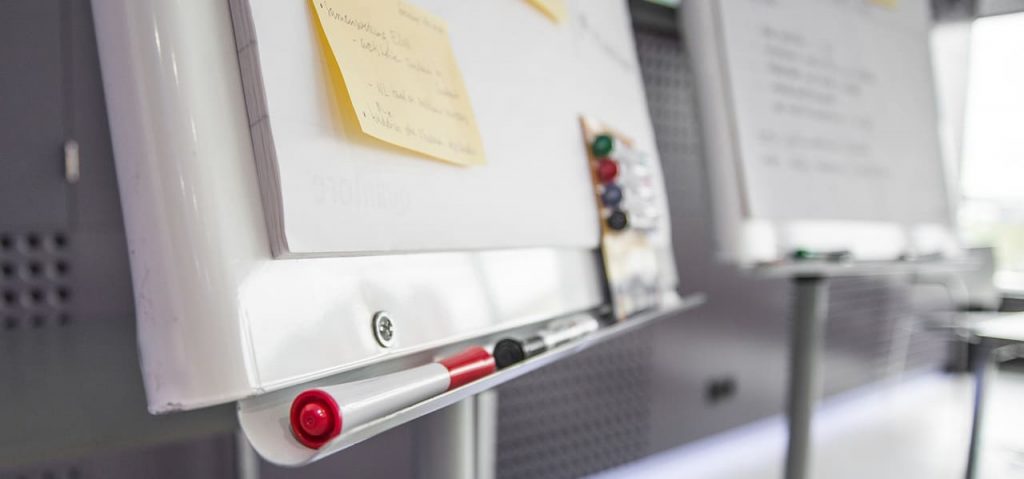School of business coaches.
1 module. Development and implementation of business training

-
For whom:

|
Top managers, heads and employees of departments whose functions include the development and training of personnel; novice coaches who want to improve their skills; Anyone who wants to learn the skills of a business coach.
|
-
Target:

|
mastering the technology of developing and conducting business training, public speaking skills
|
Tasks
Formation of a systematic approach to individual and group training of employees to obtain the desired result;
Mastering the tools of a business coach;
Development of public speaking skills;
Building self-confidence for training;
Mastering the technology of forming a training scenario for a task;
Gaining skills in working with group dynamics.
Results
Your ready-made training
Coaching Chips
Trainer's tool skills
Obtaining a system for creating your own programs to solve business problems
Methods for evaluating the effectiveness of training
Developing Public Speaking Skills
Skills for building a thematic module in training
Trainer Personal Development Plan
Monthly meetings
Manual for creating a training on a topic of your choice
Professional Development Certificate
(or a diploma upon graduation from the entire School of Business Coaches)
Electronic library of books, parables and stories
Warm-ups to manage group dynamics
Library of tasks and business games for skills development
Skills of working with different types of participants, overcoming group resistance
Lifetime post-training support
TRAINING PROGRAM FOR TRAINERS
Basic concepts in business training
- Definition of business training. Types of trainings.
- The difference between business training and other forms of training and people development.
- Definition of goals and objectives of the training.
- Desired behavior.
- 5 layers in the work of a business coach.
- Competence pyramid.
- Motivation of training participants for change.
- Features of adult education. Kolb cycle.
- How to form a new skill.
- The structure of business training.
- The structure of the thematic module.
- What does the coach manage?
Introduction to the training
- Position and role of the coach.
- Establishing contact with the audience.
- Beginning.
- Tie.
- Self-presentation.
- Acquaintance.
- Rules for training.
Desired behavior pattern
- Problematic in training.
- Training route.
- General conceptual apparatus.
- Formation of interest and need for change.
Involvement
- Problematization tools.
- Facilitation technique in training for involvement in the topic.
- Problematization of participants with the help of business games.
- Methodology for developing a business game.
- The best examples of business games for problematization.
Didactics in training
- The structure of the mini-lecture.
- Oratory skills.
- The role of non-verbal communication in training. Coach body language.
- Ownership of the audience space during the training.
- Features of the perception of time in the presentation of theoretical material.
- Visualization when submitting theoretical material.
- Features of using presentations in PowerPoint.
- Demonstration in training.
- Consolidation of theoretical material.
Group dynamics
- The concept of "group" and "individual dynamics" in training.
- Stages of development of group dynamics.
- Criteria for the transition of the group from stage to stage.
- Peculiarities of perception of different participants of the training.
- Distribution of roles.
- Causes of group resistance.
- The role of "icebreaker" and "energizers" in training.
- Workout types. When used. Bridges to business reality.
- Working with difficult participants.
- Answers to tricky questions.
- Technology of work with group resistance at different stages of training.
- Express diagnostics of the state of group members.
Skill Tools
- Requirements for setting the SMARTER problem.
- Role-playing game, how to write and conduct it correctly.
- Forms of skills development ("aquarium", individual tasks, work in pairs, in triplets, in mini-groups).
- Group exercises.
- Case analysis.
- Business games, quests for practicing skills.
- Educational projects.
- Analysis of video fragments.
- Leaving the class.
- Testing, quiz.
Reflection in training
- Feedback criteria.
- Feedback structure.
- video analysis rules.
- "Freeze".
Development of a training scenario
- Models for the formation of training programs.
- Development of a training program on request.
- Development of a competency training program.
- How to calculate the time when preparing a training.
Completion of the training
- 6 classic ways to end a workout.
- 4 key thoughts, actions for compiling an IEP.
- Webinars, action learning to consolidate the material covered.
- Tasks to consolidate the material covered.
- Express assessment of satisfaction and usefulness of the training.
- Models of Kirpatrick, Blum, 3 E. Assessment of knowledge. Assessment of changes in behavior.
- Connection of training results with business indicators.




















































